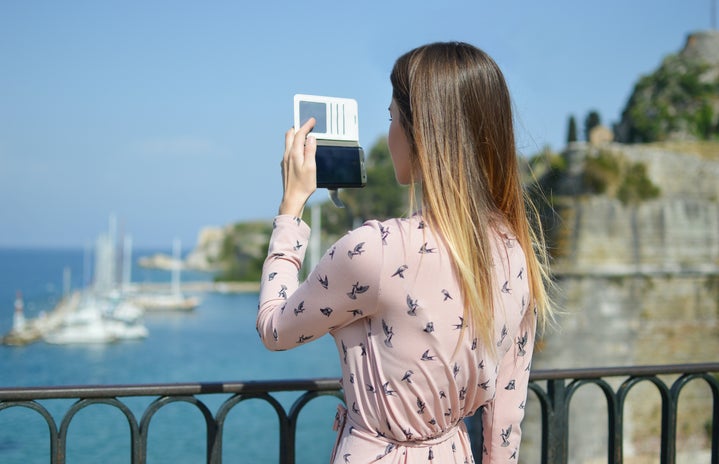On Wednesday, April 20th, 2016, Snapchat came under fire for featuring a selfie filter that people deemed offensive and racist. The “Bob Marley” filter was one of two that the popular social media platform featured to commemorate the day’s “420” festivities (for those who don’t know, the date marks “National Weed Day”).
The filter that’s been called into question is supposed to give the user a facial likeness of the late reggae singer Bob Marley – complete with dreadlocks, a Rastafarian hat and a dark skin overlay.
The filter has come under scrutiny for being a form of digital blackface; the act of using makeup or other artificial means to darken one’s skin in order to resemble another race. This is a rather degrading and racist action to take, as it serves to tokenize and mock aspects of people’s race, heritage and culture. Given the provisions of the Bob Marley Snapchat filter, it is easy to see why it falls into a similar category.
Others have pointed out that the filter serves to tokenize and mock Marley and his legacy in a very different way. While Marley was known for using marijuana recreationally, many cite that featuring a Bob Marley snapchat filter on 420 reduces him to just that – a “weed icon,” of sorts. Twitter user @jackquemi tweeted:
Another user, @ZER0DayVirus, agreed with this sentiment, stating:
What makes the situation more ironic was that the filter was actually intended to celebrate Bob Marley’s legacy, and was created in partnership with Bob Marley’s estate. When Snapchat was asked to comment on their reasoning behind the filter’s existence, one of their spokespeople responded, saying “The lens we launched today was created in partnership with the Bob Marley Estate, and gives people a new way to share their appreciation for Bob Marley and his music. Millions of Snapchatters have enjoyed Bob Marley’s music, and we respect his life and achievements.”
While this filter was created with what seem to be good intentions, there are still some questionable facets of this whole situation. Is there not a better way to honour Bob Marley’s legacy than to reduce him and his image to costumization? Does introducing the filter on 420 support the legacy that is supposedly being promoted?
Whatever Snapchat’s reasoning behind this filter, here is to hoping that in the future, they are able to make more calculated decisions when honouring iconic people of colour.
Images obtained from:
http://image.syracuse.com/home/syr-media/width620/img/us-news/photo/2016…
Sources:
http://www.wired.com/2016/04/snapchat-bob-marley-filter/
http://www.cbc.ca/news/trending/snapchat-bob-marley-420-filter-1.3544623
http://fortune.com/2016/04/20/snapchat-bob-marley-filter-blackface/

